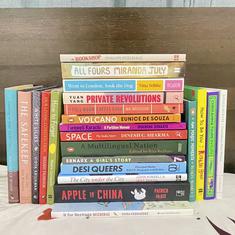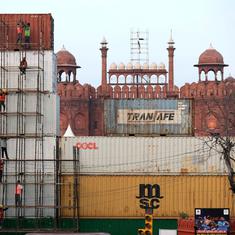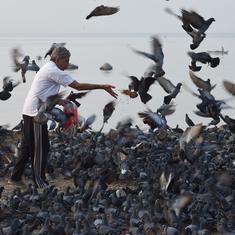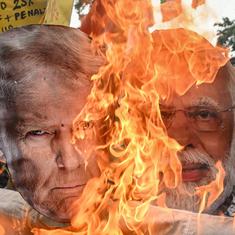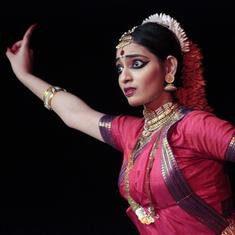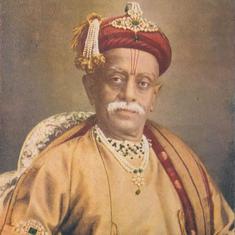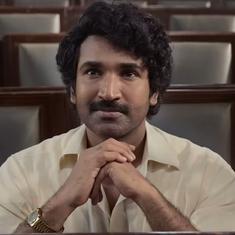Sundar Sarukkai’s Water Days is a sensitive record of the way in which the lived reality of an impossibly diverse country of many languages and many communities with fractured histories of displacements went over the edge. Working with all the means and tools offered to a mature writer, he depicts the overnight springing up of new neighbourhoods and ways of living, new jobs, new migrations and growing tensions as men and women in a certain part of Bangalore line up to collect water in the dead of night. We are given a sense of how untrameled urbanisation has turned the local administration rogue and uncaring, a recurring theme in the book.
There are plenty of clues to suggest that the book is set in the feverish period following liberalisation of the Indian economy in 1991, when all manner of changes swept through the country. Although set in Bangalore, similar stories in other Indian cities will bear the same narrative core.
A mood of resentment
In the beginning, it appears that the novel is about the mysterious passing of a smiling young teenager, Archana, who it is whispered, got into trouble with one of the many young men who have arrived there mainly from North India. Released from their small town traps to the salubrious climate and their one stab at a good life in Bangalore, these young men mill around the neighbourhood offering vague services as they pursue an illusory education. There is the unctuous Rajesh or Commando, the fixer; Bihari and UP students flooding the garden city, the hub of science and technology, rankle and fill locals with all shades of sullen resentment.
The speculation about the death and the role played by Archana’s dour carpenter father from Kerala, Prasanna, plays in the background like an ever-present drone. But very early on, the reader gets the feeling or senses that this death is not the heart of the narrative but almost a device on which hangs the bigger narrative of how a once peaceful and more homogenous and innocent city changed irrevocably.
There is something unerringly familiar about the robust set of characters we meet and their back stories and the tawdry, brutish lives they lead. Prime among them is Raghavendra, the emasculated brahmin man, also a migrant from Udupi, but who becomes, in the current and more recent spate of migrations from north and east India, a local. His wife, Poornima, who can go from empathy to disdain in a moment, is proud of the English her school-going daughters speak, unaware of its poor quality. The cynicism and absolute lack of anything like a fair distribution of quality infrastructure or the foundations for building a future for the economically weak in a new shiny India is captured in passing but is very telling.
Nagaraj the local thug who has connections with the local police, the headmaster who holds forth on Vedic Mathematics, and Shankar the seemingly unassuming ladies’ tailor, all harbour violent thoughts about others. Overcrowding and enforced closeness make for a febrile existence always on the edge of the calamitous.
The cleverness of this fictional construct lies in the way that the writer brings to the street level chatter on the familiar tropes of migration his best descriptive energy, highlighting language woes, the local vs the outsider and enforced cohabitation of disparate communities in a deeply preexistingly unequal society. He does this with a deeply felt understanding and empathy and even humour without subscribing to the parochialism.
The abjuring of that position, one senses, is due as much to the instinctual apparatus of the writer as to a commitment to the greater cause of truth telling. That is the stock in trade of fiction. For, notwithstanding the current hand-wringing about the influx of outsiders and rash of petty businesses, there’s enough there for the intelligent reader to be guided away from these acts of self-indulgent and occasionally dishonest misremembering. For isn’t it true that in a deeply unequal society, migration always carries tales of distress? Add to this the grubbiness of the already displaced, although compulsions of petty trade keep a lid on fractious differences. But isn’t Raghavendra an outsider too? At one point, the author points out that the neighbourhood is on the edge of a famous science institute, the pride of the Garden City and hub of Science and Learning, but no locals are allowed to enter it.
After Liberalisation
Minutely observed, this book is a record of the last three decades since liberalisation. And so it is that mustard oil comes to Bangalore, so does paan masala, and the need for quick fixes becomes normal.
How then does a generally good person and their family seek and build a life negotiating the heap of bad luck that comes their way and eventually redeem themselves?
Sarukkai turns all of this into a story that has warmth and nuance while maintaining a slightly cool, ironic authorial distance and objectivity, which strangely enough enhances a reader’s emotional belonging very early on. We relate to the plight of Raghavendra and his family happens without us noticing.
And then there is the fine use of language throughout the novel. Towards the end of the book, Poornima tells Hema (Archana’s mother) who it was that her daughter was involved with: “But Hema is defeated… suddenly furious … her thoughts now free in Malayalam, unconstrained by the twisting tongue of alien Kannada flowed uninhibitedly with the water … little did Hema know that water has a language of its own…”
Looking back at the final resolution of the novel, we recognise how multiple narrative strands come together, clarifying and forming a coherent whole. Adolescent desire, which led to Archana’s death, seems to reflect the awkward, gangly, clumsy maladroit growth that has suddenly erupted like a virus throughout the country. The character studies serve to tell us of the ways in which the giant and little processes of change take place and the author’s constant telescoping of social and economic change in a single neighbourhood provides the context for understanding that change and perhaps feeling some empathy for the protagonists.
Here is a moment from Raghavendra’s tortured inner life. “He was getting tired of speaking so much. Each day, he had to find new words in different languages to communicate … it was no longer possible to live in Bangalore knowing only Kannada
The vegetable sellers spoke Tamil, the rice merchants Telugu, the garment shop owners Hindi, the employees at tea shops and bakeries Malayalam leaving only the workers at road side cycles shops and darshinis – tiny, standing only restaurants selling the world’s best idlis, vadas and dosas – to speak in Kannada”.
Parochial as it may seem, one feels for and empathises with Raghavendra and his unlikely but plausible redemption.
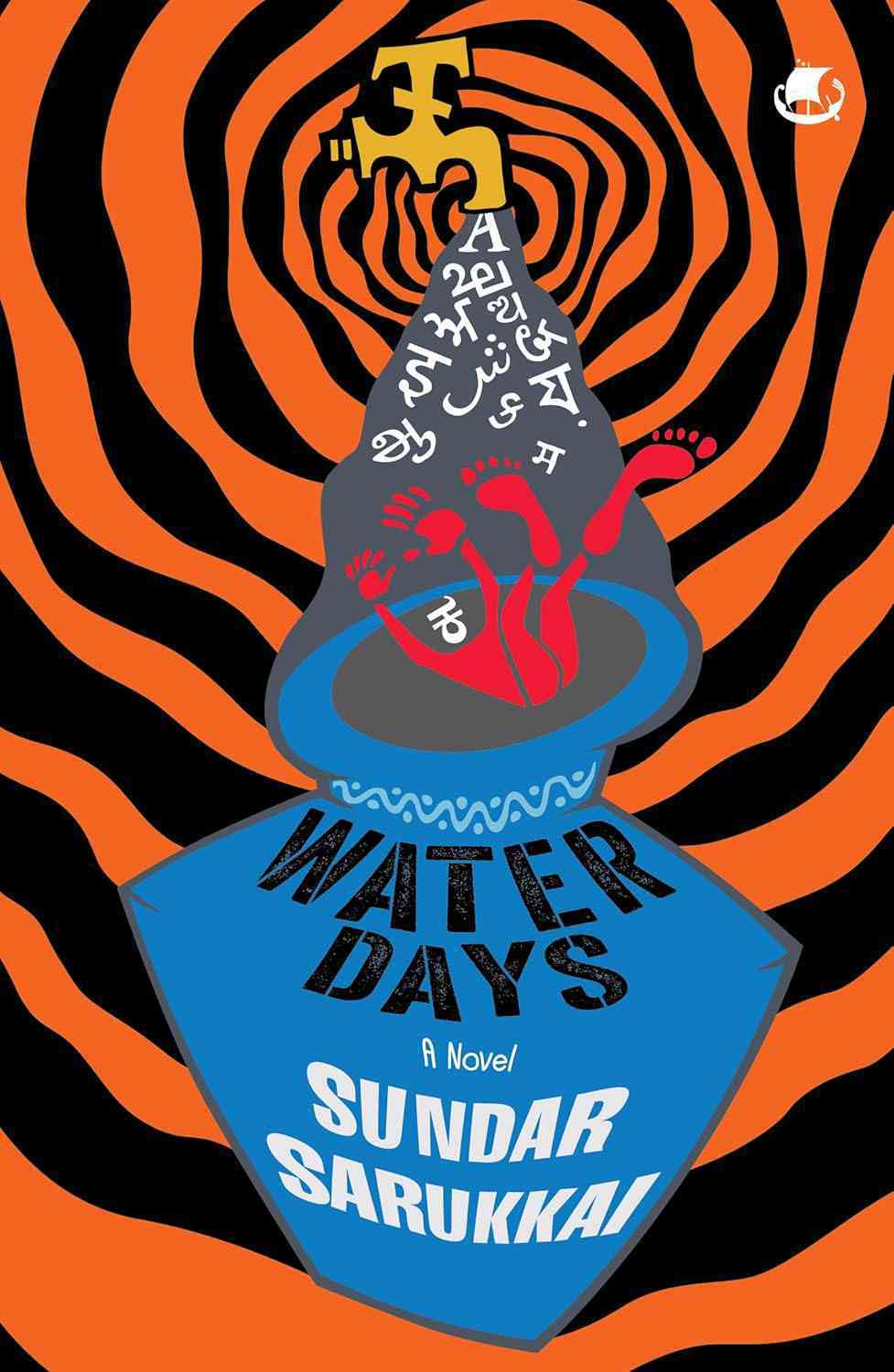
Water Days: A Novel, Sundar Sarukkai, Context/Westland.

